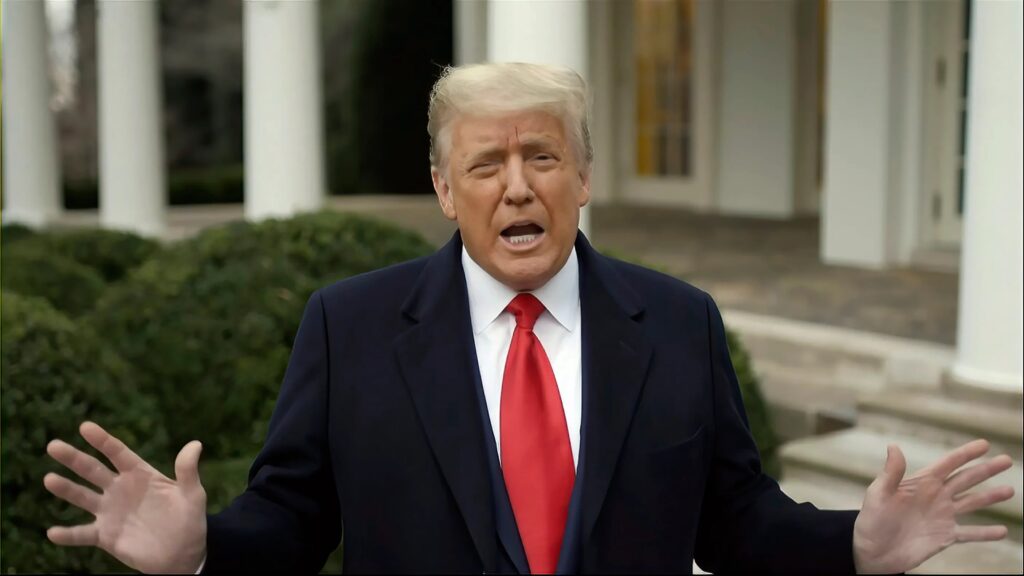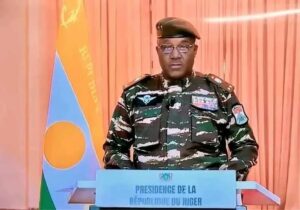
A judge will hear arguments Thursday about potential next steps in the federal election subversion prosecution of Donald Trump in the first hearing since the Supreme Court narrowed the case by ruling that former U.S. presidents are entitled to broad immunity from criminal charges.
Prosecutors and defence lawyers submitted dueling proposals late Friday ahead of the status conference before U.S. District Judge Tanya Chutkan, who is presiding over the case charging Trump with plotting to overturn the results of the 2020 election in the run-up to the Jan. 6, 2021 riot at the U.S. Capitol. Trump is not expected to be present.
Special counsel Jack Smith’s team, which filed a new indictment last week to strip out certain allegations against Trump and comply with the Supreme Court ruling, said it could be ready at any time to file a legal brief laying out its position on how to apply the justices’ immunity opinion to the case.
Defence lawyers, by contrast, said they intended to file multiple motions to dismiss the case, including one that piggybacks off a Florida judge’s ruling that said Smith’s appointment was unconstitutional.
Neither side envisions a trial happening before the November election in which Trump is the Republican nominee, especially given the amount of work ahead as Chutkan is tasked with determining which of the acts alleged in the indictment can remain part of the case in light of the Supreme Court opinion.
The court in July ruled that former U.S. presidents enjoy absolute immunity for the exercise of their core constitutional duties and are presumptively immune from prosecution for all other official acts.
Smith’s team responded to the ruling with a revised indictment last week that removed references to Trump’s efforts to use the law enforcement powers of the Justice Department to remain in power, an area of conduct to which the Supreme Court said Trump is immune.
The case is one of two federal prosecutions against Trump. The other, charging him with illegally hoarding classified documents at his Mar-a-Lago estate in Palm Beach, Florida, was dismissed in July by U.S. District Judge Aileen Cannon, who said Smith’s appointment as special counsel was unlawful.
The Smith team has appealed.





